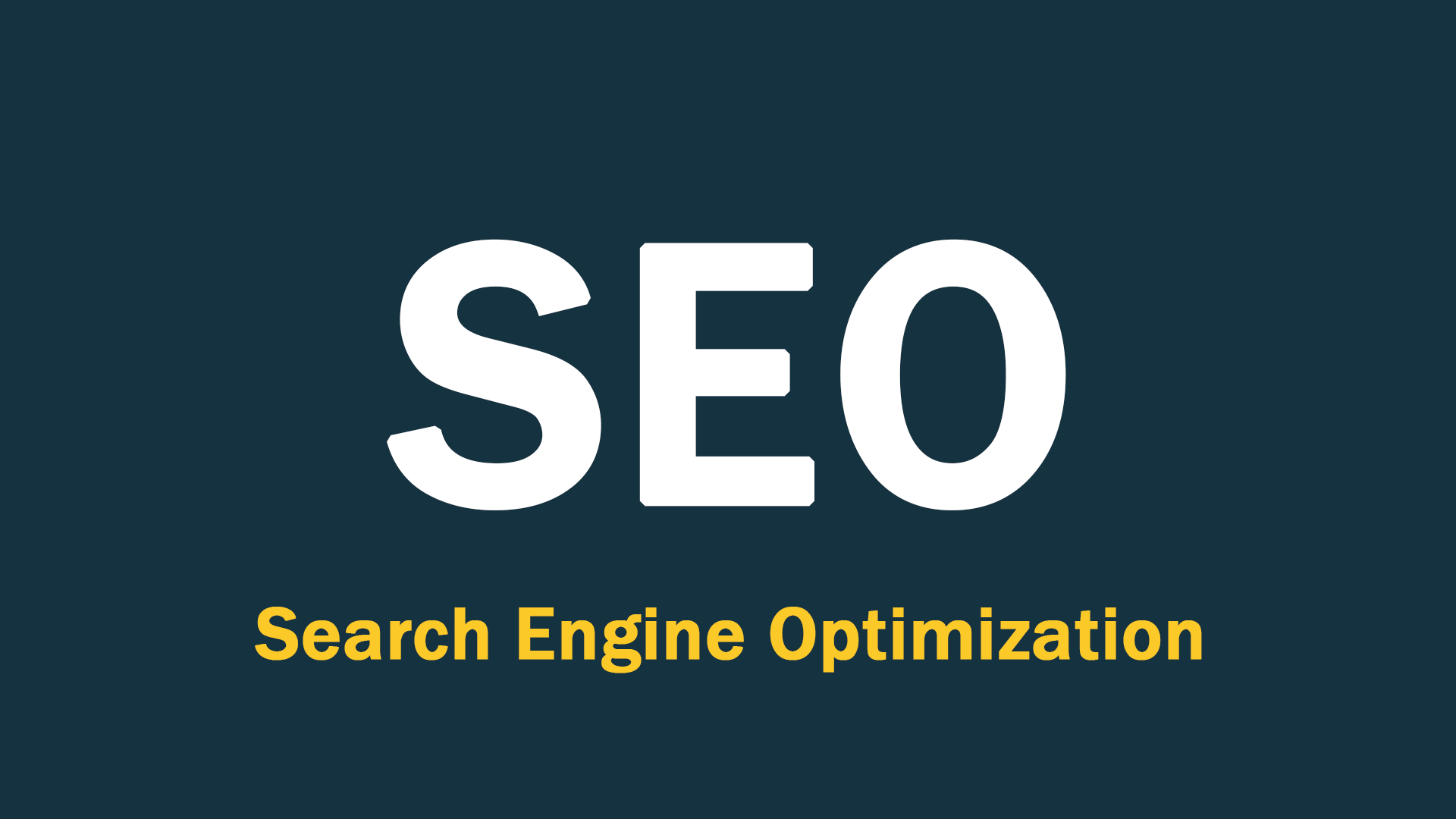If you’ve ever wondered how websites end up on the first page of Google, the answer is SEO – or Search Engine Optimization. Whether you’re a blogger, a small business owner, or someone trying to grow an online presence, understanding SEO is a must. In this guide, we’ll break down what SEO is, how it works, and why it’s so important.
🔍 What Is SEO?
SEO stands for Search Engine Optimization – the practice of optimizing your website and content so it appears higher in search engine results (like Google, Bing, or Yahoo). The higher your site ranks, the more likely people are to find you when searching for relevant topics.
Think of it like this: search engines are libraries. SEO is how you make your “book” easy to find and attractive to read.
🧠 How Do Search Engines Work?
Before diving into how to optimize, it helps to understand what’s going on behind the scenes. Search engines like Google use three main processes:
- Crawling – Bots scan the internet, looking for new or updated pages.
- Indexing – The search engine stores information about each page it finds.
- Ranking – When someone searches, the engine tries to show the most relevant results, ranked from most to least useful.
🧩 Key Elements of SEO
SEO has several components. Here are the main ones:
1. On-Page SEO
This refers to what you do directly on your website or blog post:
- Keyword Research: Use tools like Google Keyword Planner or Ubersuggest to find what people are searching for.
- Title Tags: Your page title should include your main keyword.
- Meta Descriptions: A brief summary that appears in search results – make it clear and compelling.
- Headers (H1, H2, H3): Organize your content and include keywords naturally.
- Internal Linking: Link to other pages/posts on your site.
- Alt Text for Images: Helps Google understand your images (and improves accessibility).
2. Off-Page SEO
This refers to actions taken outside your site to improve its authority and ranking:
- Backlinks: Links from other reputable sites to yours (think of it as a vote of confidence).
- Social Sharing: The more your content is shared, the more visibility you get.
- Brand Mentions: Even unlinked mentions can help establish authority.
3. Technical SEO
This is about how well your site is built under the hood:
- Mobile-Friendliness: Is your site easy to use on phones?
- Site Speed: Slow websites frustrate users – and search engines.
- Secure Connection (HTTPS): Google prefers secure sites.
- Sitemaps & Robots.txt: These help search engines crawl your site efficiently.
🔑 Why SEO Matters
- Increased Visibility: More traffic = more readers, customers, or clients.
- Free Marketing: Unlike paid ads, SEO can bring traffic without ongoing costs.
- Better User Experience: Good SEO usually means a faster, cleaner, and more useful website.
- Trust & Credibility: People trust Google. If you rank high, they’re more likely to trust you too.
⚙️ SEO Best Practices for Blog Posts
If you’re writing a blog post, here’s how to apply SEO effectively:
- Pick a Focus Keyword: One that people are searching for but not overly competitive.
- Use the Keyword Naturally: In the title, first paragraph, headers, and URL.
- Write for Humans First: Make your content helpful and easy to read – not stuffed with keywords.
- Optimize Images: Add descriptive alt text and compress for fast loading.
- Add Internal & External Links: Link to other posts/pages and cite credible sources.
- Use Structured Data (Schema Markup): Helps search engines display rich snippets.
🛠️ Recommended SEO Tools
- Yoast SEO (WordPress Plugin) – Easy SEO checks and suggestions.
- Google Search Console – Monitor your search performance.
- Google Analytics – Track your traffic and user behavior.
- Ahrefs / SEMrush / Ubersuggest – Deeper keyword research and backlink tracking.
🚀 Final Thoughts
SEO isn’t about tricking Google – it’s about helping Google understand your content so it can deliver it to the right people. With a little consistency and strategy, SEO can turn your blog or website into a traffic-generating machine.
Whether you’re just starting out or refining your strategy, SEO is a long-term game – but the rewards are worth it.

